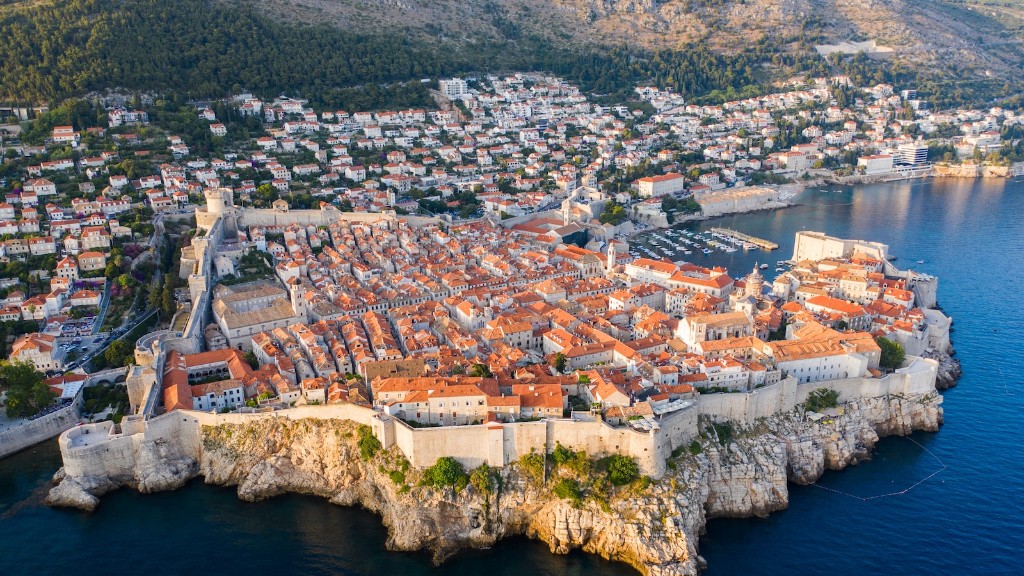How Do You Say Meningitis in Croatian?
Many people in Croatia suffer from meningitis, an infectious disease that affects the brain and spinal cord. While it can be deadly, vaccines for many forms of the disease are now available. Knowing the Croatian language, however, can be crucial when it comes to understanding and treating the disease. So how do you say meningitis in Croatian?
The Croatian word for meningitis is “meningitis”. It is derived from the Latin term “meninge”, which means “membrane”. This is the same term used in English to describe the tissue that surrounds the brain and spine.
Symptoms of Meningitis
The symptoms of meningitis vary, depending on the type of meningitis and the person’s age, but common signs include severe headaches, neck stiffness, fever, confusion, and nausea. In children, the symptoms may be milder, but they can get worse quickly. It is important for anyone with any of these symptoms to seek immediate medical attention, as rapid diagnosis and treatment are crucial.
If meningitis is not treated quickly, it can lead to permanent disabilities such as hearing loss, vision impairment, and even death. The early diagnosis of meningitis can make a big difference in how well the patient recovers.
Types of Meningitis
The most common types of meningitis in Croatia are bacterial and viral meningitis. Bacterial meningitis is the most dangerous type and can be fatal if not treated quickly. It is spread through contact with an infected person, usually through coughing or sneezing.
Viral meningitis is much less serious than bacterial meningitis and usually resolves on its own. It is caused by a virus and is much less contagious than bacterial meningitis. Viral meningitis is the most common type in Croatia, and can occur in both adults and children.
There are also several rarer forms of meningitis, such as fungal meningitis and parasitic meningitis. These types are not as common in Croatia, but they can still be deadly if not diagnosed and treated early.
Prevention and Treatment
The best way to prevent meningitis is to practice good hygiene, such as frequent washing of hands and avoiding contact with people who have active cases of the disease. Vaccines are available for some forms of meningitis, such as Hib and pneumococcal meningitis, and they can provide some protection against the disease.
The treatment for meningitis depends on the type and the severity of the infection. Bacterial meningitis is usually treated with antibiotics, while viral meningitis often resolves on its own. Treatment for fungal and parasitic meningitis can be more complex and may require antifungal or antiparasitic medications.
Information on Meningitis
It is important to be aware of the signs and symptoms of meningitis and to seek medical attention immediately if any of these occur. Knowing how to say meningitis in Croatian can help to ensure that people in Croatia are able to get the medical help they need if they suspect they may have the disease.
The Croatian National Institute of Public Health (HNIPZ), is a great resource for anyone looking for information about meningitis in Croatia. The website provides detailed information about the different types of meningitis, their symptoms, and treatment options.
Emotional Effects of Meningitis
Living with meningitis or its after-effects can have a significant emotional impact on a person, as well as those close to them. It is important for anyone affected by meningitis to receive psychological support to cope with the illness and its associated disabilities. Support groups are available in Croatia to help those coping with meningitis and their families.
Conclusion
In Croatia, meningitis is a serious and potentially life-threatening disease. Knowing the Croatian word for meningitis can help to ensure that those affected or at risk of the disease can access appropriate medical care. It is also important to practice good hygiene and to get vaccinated against forms of the disease. Finally, emotional support for those living with meningitis and its after-effects is essential.



